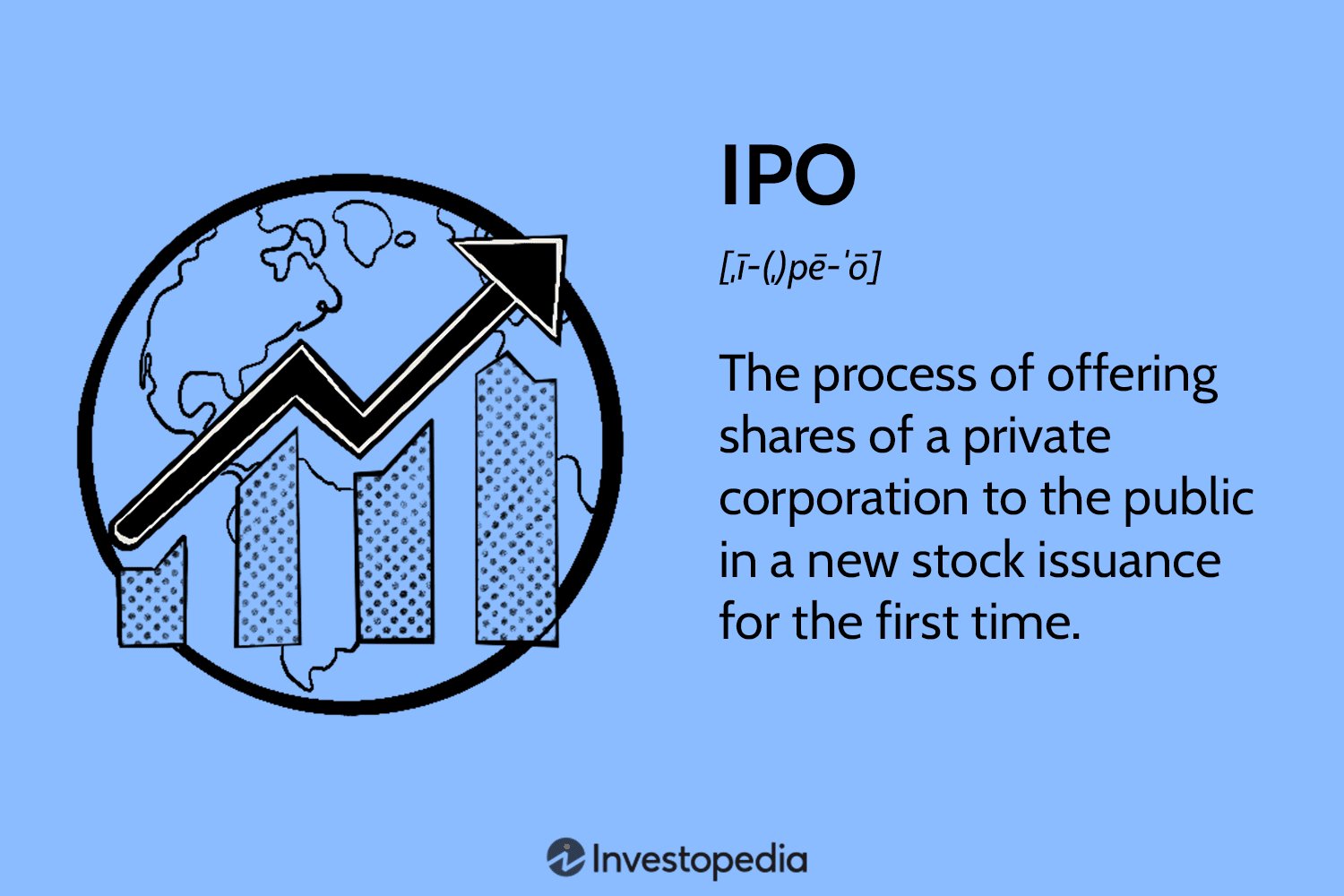A reverse mortgage is a financial option that allows homeowners aged 62 or above to convert a portion of their home equity into tax-free funds. But what does this entail, and what are the pros and cons of such a decision? In this article, we’ll dive into the world of reverse mortgages to provide you with a clear understanding of what they are and what you need to consider before taking this leap. So, if you’ve ever wondered, “What is a reverse mortgage and its pros and cons?” – look no further! Let’s explore this topic together.
What is a Reverse Mortgage and Its Pros and Cons
Introduction
A reverse mortgage is a loan option available to homeowners aged 62 or older that allows them to convert a portion of their home equity into cash. Unlike a traditional mortgage where homeowners make monthly mortgage payments to the lender, with a reverse mortgage, the lender makes payments to the homeowner. This unique financial tool can provide seniors with extra income to support their retirement and cover their expenses. However, it also comes with its own set of pros and cons that homeowners should carefully consider before deciding if it’s the right choice for them. In this article, we will explore what a reverse mortgage is and discuss its pros and cons to help you make an informed decision.
How Does a Reverse Mortgage Work?
A reverse mortgage works in the following way:
1. Home Equity Conversion Mortgage (HECM): The most common type of reverse mortgage is a Home Equity Conversion Mortgage (HECM), which is insured by the Federal Housing Administration (FHA). To qualify for an HECM, homeowners must meet certain eligibility criteria, including being at least 62 years old and owning a home that is their primary residence.
2. Loan Amount Calculation: The loan amount is determined based on factors such as the borrower’s age, the appraised value of the home, and current interest rates. Typically, the older the borrower and the higher the home value, the more they can potentially borrow.
3. Lump Sum or Payment Options: Once approved for a reverse mortgage, borrowers can choose to receive the loan proceeds in different ways. They can opt for a lump sum payment, a line of credit, fixed monthly payments, or a combination of these options.
4. No Monthly Mortgage Payments: One of the primary advantages of a reverse mortgage is that homeowners are not required to make monthly mortgage payments as long as they continue to live in the home, pay property taxes, insurance, and maintain the property.
The Pros of Reverse Mortgages
While reverse mortgages may not be suitable for everyone, they offer several benefits that can make them an attractive option for certain individuals. Here are some of the pros of reverse mortgages:
1. Supplement Retirement Income: A reverse mortgage provides homeowners with an additional source of income during retirement. This can be particularly beneficial for individuals who have limited savings or investments, as it allows them to tap into the equity they have built in their homes.
2. Flexibility in Payment Options: With a reverse mortgage, borrowers have the flexibility to choose how they receive their funds. Whether it’s a lump sum, regular monthly payments, or a line of credit, homeowners can select the option that best suits their financial needs and goals.
3. No Repayment Required Until Home is Sold or Vacated: Unlike traditional mortgages, reverse mortgages do not require monthly payments. The loan is repaid when the homeowner sells the property, moves out permanently, or passes away. This can provide financial relief to retirees who may be struggling to make ends meet on a fixed income.
4. Tax-Free Proceeds: The funds received from a reverse mortgage are generally considered loan advances and not taxable income. This can be a significant advantage for retirees who rely heavily on their retirement income and want to avoid additional tax burdens.
5. Stay in Your Home: A reverse mortgage enables homeowners to age in place and continue living in their homes as long as they meet the loan requirements. This can be especially important for seniors who have a strong emotional attachment to their homes or prefer to stay in their communities.
The Cons of Reverse Mortgages
While there are definite advantages to reverse mortgages, it’s also important to consider the potential drawbacks and limitations. Here are some of the cons of reverse mortgages:
1. Accrued Interest and Fees: Reverse mortgages come with fees and interest charges that can accumulate over time. As interest accrues on the loan balance, the homeowner’s equity in the property may decrease, potentially leaving less inheritance for heirs.
2. Reduction of Home Equity: With a reverse mortgage, homeowners are essentially using their home equity to generate income. As a result, the equity in the home may diminish over time, which can impact the ability to tap into it for other purposes in the future.
3. Impact on Government Benefits: Receipt of certain government benefits, such as Medicaid or Supplemental Security Income (SSI), may be affected by the proceeds from a reverse mortgage. It’s essential to consult with a financial advisor to understand the potential impact on these benefits.
4. Possibility of Foreclosure: If the homeowner fails to meet the obligations of the reverse mortgage, such as paying property taxes or insurance, the lender may have the right to initiate foreclosure proceedings. It’s crucial to stay up-to-date with all loan requirements to avoid potential foreclosure.
5. Limited Borrowing Capacity: The amount that can be borrowed through a reverse mortgage is limited by factors such as the home value, the borrower’s age, and current interest rates. For homeowners with significant mortgage debt or higher-value homes, a reverse mortgage may not provide the desired level of financial relief.
A reverse mortgage can be a valuable financial tool for seniors who wish to supplement their retirement income or access their home equity without selling their property. It provides flexibility, tax-free proceeds, and the ability to stay in the home while eliminating monthly mortgage payments.
However, it’s crucial to weigh the pros and cons and consider individual circumstances before making a decision. Evaluating the potential impact on home equity, the fees involved, and the long-term financial goals are essential steps to ensure a reverse mortgage aligns with your needs.
Before proceeding with a reverse mortgage, it is highly recommended to consult with a qualified financial advisor who specializes in retirement planning and reverse mortgages. They can provide personalized guidance and help you navigate through the complexities of this financial product.
Reverse Mortgage Explained Pros and Cons
Frequently Asked Questions
Frequently Asked Questions (FAQs)
What is Reverse Mortgage?
A reverse mortgage is a type of loan available to homeowners aged 62 or older that allows them to convert a portion of their home equity into cash. Unlike a traditional mortgage, where the homeowner makes monthly payments to the lender, with a reverse mortgage, the lender pays the homeowner. The loan is repaid when the homeowner sells the house, moves out, or passes away.
How does a Reverse Mortgage work?
With a reverse mortgage, the homeowner receives payments from the lender, either as a lump sum, fixed monthly payments, or a line of credit. The loan amount depends on factors such as the homeowner’s age, the value of the home, and current interest rates. The homeowner retains ownership of the home and can continue to live in it as long as they meet the loan requirements.
What are the pros of getting a Reverse Mortgage?
– Supplement retirement income: A reverse mortgage can provide additional funds for retirees without the need to sell their home.
– Flexibility in payment: Homeowners can choose to receive payments in various ways, depending on their financial needs.
– No monthly mortgage payments: Unlike a traditional mortgage, reverse mortgage borrowers are not required to make monthly payments as long as they meet the loan requirements.
– Stay in your home: Reverse mortgages allow homeowners to continue living in their homes as long as they meet the loan obligations.
What are the cons of getting a Reverse Mortgage?
– Accumulating debt: The loan amount, plus interest, continues to grow over time, potentially reducing the homeowner’s equity in the home.
– Impact on inheritance: The borrower’s heirs may receive a reduced inheritance as the reverse mortgage will need to be repaid when the homeowner passes away or sells the home.
– Costs and fees: Reverse mortgages often come with closing costs and fees, including mortgage insurance premiums, which can impact the total amount received.
– Loan requirements: To qualify for a reverse mortgage, homeowners must meet certain criteria, including being at least 62 years old and having sufficient home equity.
Can I be forced to move out of my home with a Reverse Mortgage?
No, as long as you fulfill your loan obligations such as paying property taxes and homeowners insurance, and maintaining the condition of your home, you can stay in your home for as long as you want.
What happens if the loan amount exceeds the value of my home?
With a reverse mortgage, the borrower’s obligation to repay the loan is generally limited to the value of the home. If the loan amount exceeds the appraised value of the home, federal mortgage insurance covers the difference, and the borrower or their heirs won’t be held responsible for the excess amount.
How does a Reverse Mortgage affect Social Security and Medicare benefits?
Generally, a reverse mortgage does not affect Social Security or Medicare benefits. However, need-based benefits such as Medicaid might be affected. It’s advisable to consult with a financial advisor or benefits specialist to understand the impact on specific benefits.
Can I use a Reverse Mortgage to buy a new home?
Yes, it is possible to use a reverse mortgage to buy a new home. This is known as a Home Equity Conversion Mortgage for Purchase (HECM for Purchase). The eligibility criteria and loan requirements for buying a new home with a reverse mortgage may differ from a traditional reverse mortgage. It’s recommended to consult with a mortgage specialist for more information.
Final Thoughts
In conclusion, a reverse mortgage is a loan option available for homeowners who are at least 62 years old. It allows them to convert a portion of their home equity into cash, which they can use for various purposes. The pros of a reverse mortgage include providing additional income for retirees, allowing them to stay in their homes, and not requiring monthly mortgage payments. However, there are also cons to consider, such as potentially higher costs, reducing the estate inheritance, and the need to maintain the property. Before considering a reverse mortgage, it is essential to carefully weigh the pros and cons to make an informed decision about this financial option.



